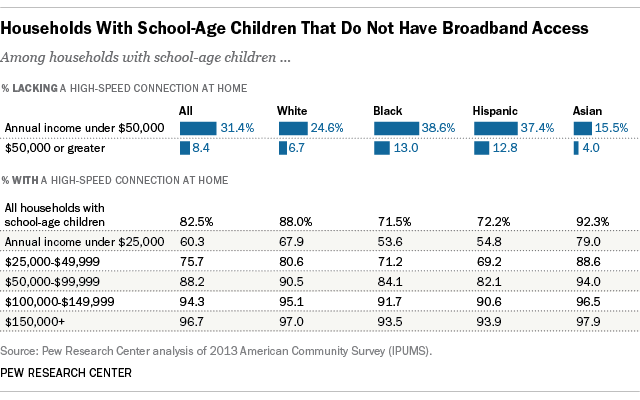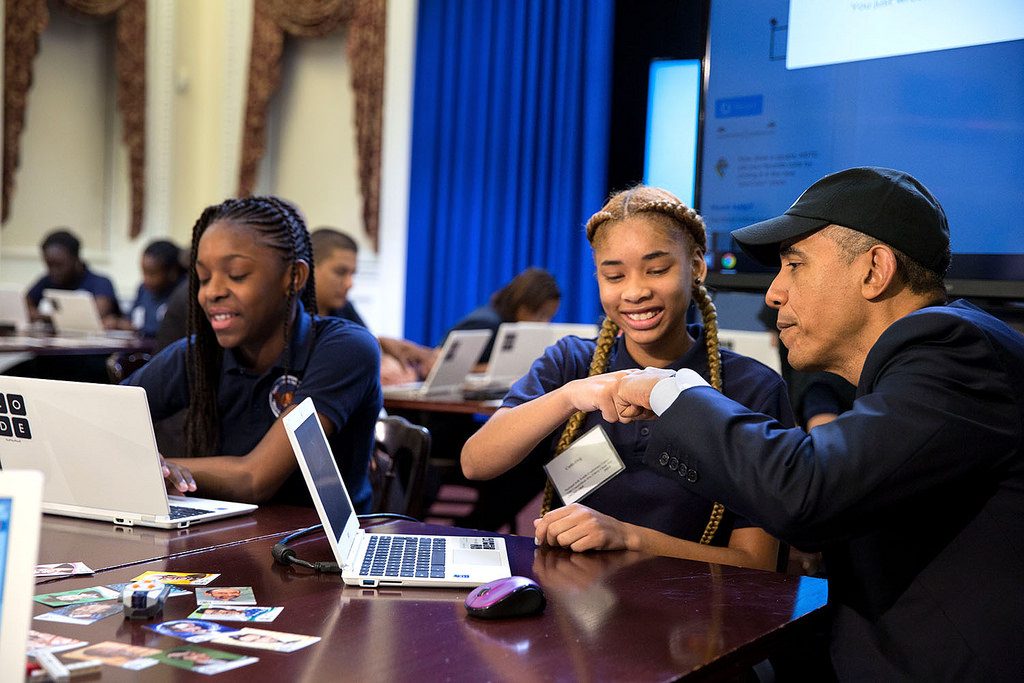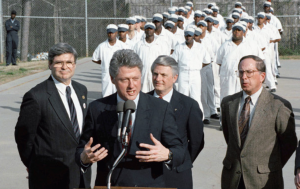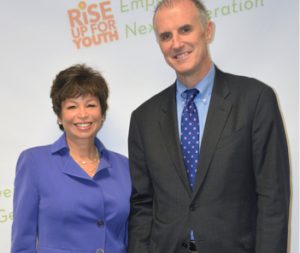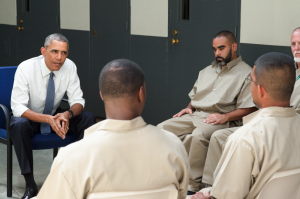
Despite the fact that overwhelming scientific consensus agrees that climate change is happening and due to human causes nearly two-thirds of American schoolchildren are not taught scientifically sound lessons on climate change. Tomorrow’s scientists, politicians, entrepreneurs and consumers are not getting the tools and knowledge to understand climate change and create the innovative solutions needed to meet the greatest challenge of their generation.
How overwhelming is the scientific consensus? Well according to this study, 95% of scientists support anthropogenic (human-caused) climate change. Most published articles in scientific journals as well as the world’s leading scientific organizations such as NASA and American Association for the Advancement of Science firmly support human caused climate change.
So why is there still so much misconception on climate change? Beliefs of climate change are divided by partisan lines. From 2000-2010 liberals grew much more likely to believe that climate change has already begun while conservatives because increasingly likely to say the opposite. According to this Gallup poll only 38% of Republicans believe that increased temperatures are due to human activities while 85% democrats believe that to be true. This political divide has led to a disparity between the overwhelming scientific consensus on climate change and the attention given to the subject in schools and text materials.
Unfortunately politics and education in America go hand-in-hand. Those who decide the education standards and textbooks followed by classrooms are elected officials who often do not have expertise on the subjects they write policy on. For example in 2009, the Texas Board of Education declared that public school teachers must present both sides when discussing global warming. In addition, the State Board of Education is also responsible for making decisions on what textbooks are used in classrooms. So textbook companies often dial down climate change’s severity in order to get bought by state education systems. For example Pearson’s fifth-grade social-studies book used in Texas states “scientists disagree about what is causing climate change.”
How can we make sure our students receive an accurate climate change education? State Boards of Education should defer to climate scientists when writing standards and selecting textbooks. The Texas Board of Education must remove its 2009 policy on climate change that is not supported by the scientific consensus and create Texas Essential Knowledge and Skills (TEKS) guidelines on climate change education. In addition more support should be provided for teachers who are often unprepared to teach climate change or nervous about tackling such a controversial topic. At the middle school level only 41% of teachers have a college degrees in science or engineering and even those with scientific backgrounds do not feel prepared to teach climate change in the classroom. Supplemental training through Education Service Centers would help these teachers feel more confident in the lessons they teach on climate change.
Although implementing new climate change education policies and programs would be incur costs and push-back from parents and teachers, there are already many resources on climate change education available from sources such as the National Science Teachers Association and NASA that can aide this process. Creating clear education requirements written in conjunction with climate scientists and offering resources to train teachers can ensure that climate change is taught accurately in classrooms and not subject to political ideologies.




